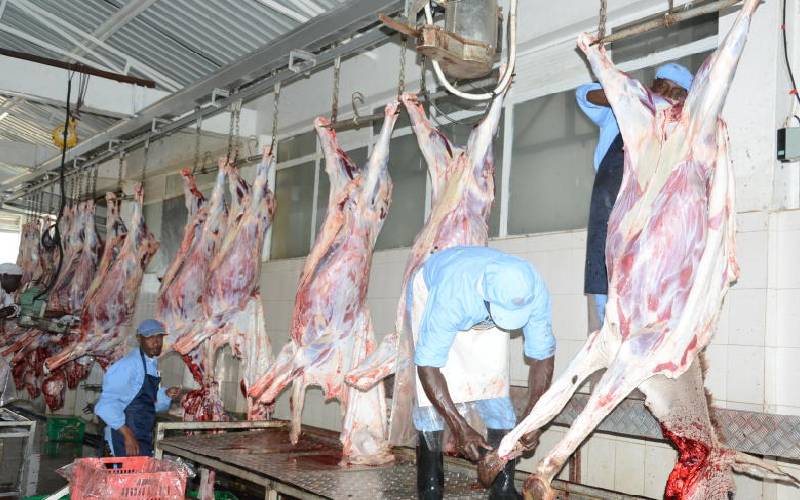×
The Standard e-Paper
Home To Bold Columnists

The ban on the slaughter of donkeys for export to China is most commendable. For several years now, there have been complaints that since the government okayed their slaughter, the donkey population has been going down.